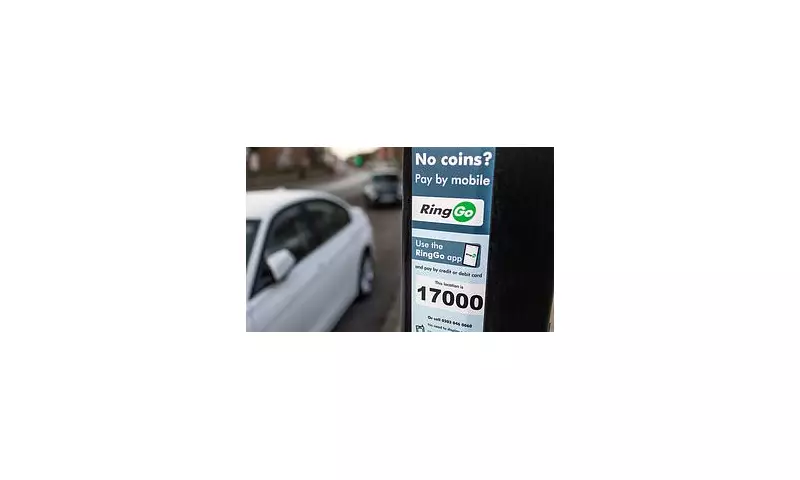
British drivers are being hit with millions of pounds in parking fines due to confusing mobile payment apps that councils are increasingly forcing them to use, according to a shocking new investigation.
The Cashless Parking Trap
As local authorities rapidly phase out traditional parking meters and pay-and-display machines, motorists are finding themselves navigating a digital minefield. The transition to app-based parking has created a perfect storm of technical glitches, unclear instructions, and hidden charges that are costing drivers dearly.
Millions in Revenue from Confused Motorists
Data obtained through Freedom of Information requests reveals the staggering scale of this issue. Councils across the UK are generating unprecedented revenue from parking penalties, with many admitting that a significant portion stems from app-related confusion and technical failures.
Common problems reported by frustrated drivers include:
- Apps crashing during payment processing
- Unclear boundary zones causing payments to fail
- Hidden subscription fees and service charges
- Poor mobile signal in car parks preventing transactions
- Confusing interfaces leading to incorrect payments
Who's Really Benefiting?
While councils claim the move to digital parking improves convenience and reduces costs, the financial reality tells a different story. Private companies operating these apps take substantial cuts from every transaction, while local authorities benefit from increased fine revenue when the systems fail.
The Human Cost of Digital Parking
Behind the statistics are real stories of ordinary people facing financial hardship. Working parents missing appointments due to app failures, elderly drivers struggling with smartphone technology, and commuters receiving multiple fines despite believing they'd paid correctly.
"I downloaded three different apps just to park near my doctor's surgery," said one frustrated motorist. "When none of them worked, I had no choice but to risk it. The £60 fine arrived two weeks later."
Is There a Solution?
Consumer groups and motoring organisations are calling for urgent reforms, including:
- Mandatory clear signage in all app-only parking zones
- Standardised apps across different council areas
- Grace periods for technical failures
- Proper alternative payment methods for non-smartphone users
- Transparent reporting of app-related fines
As the digital parking revolution accelerates, the question remains: are these apps designed for convenience, or are they becoming sophisticated revenue-generating machines at motorists' expense?





